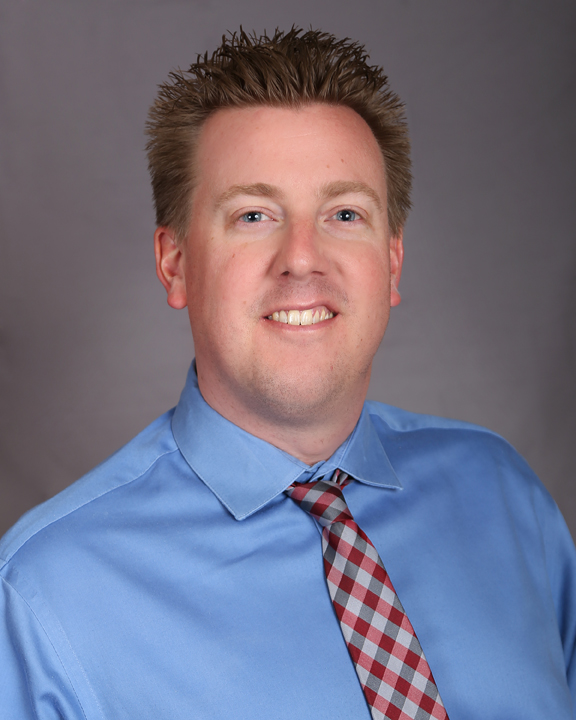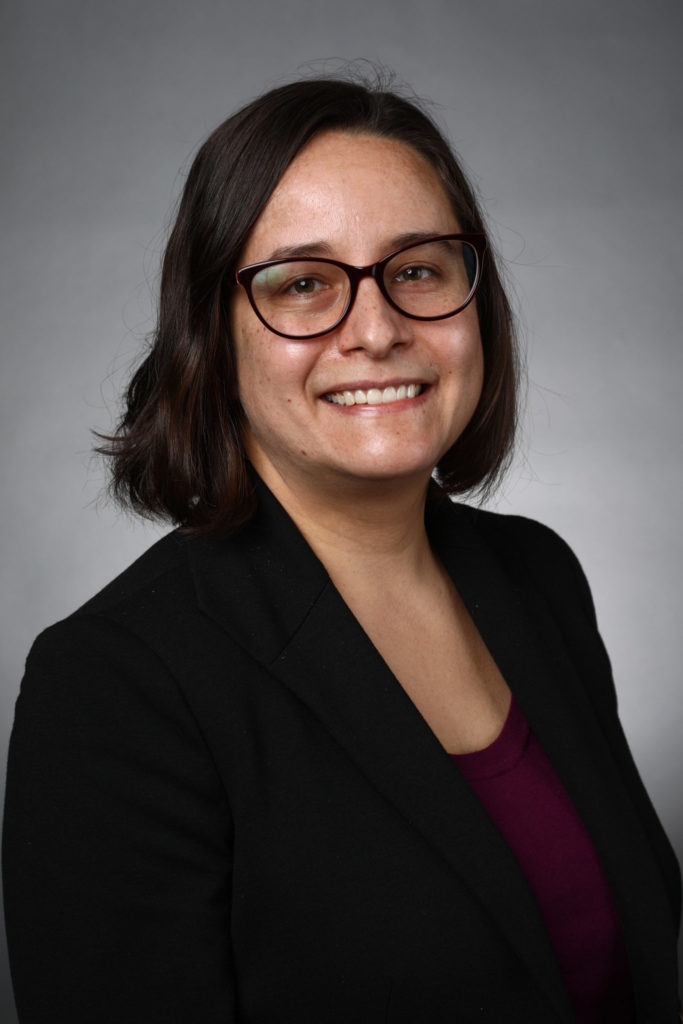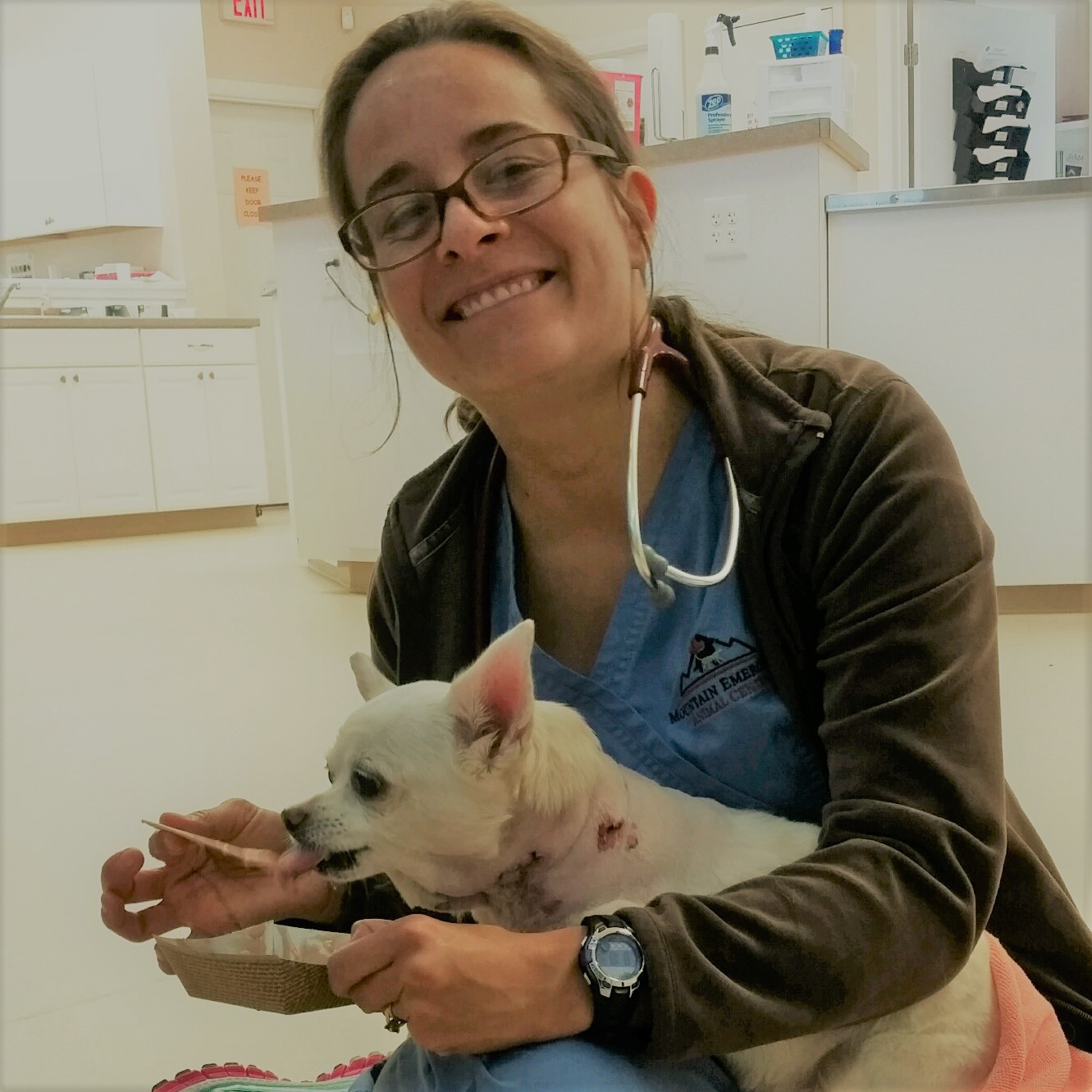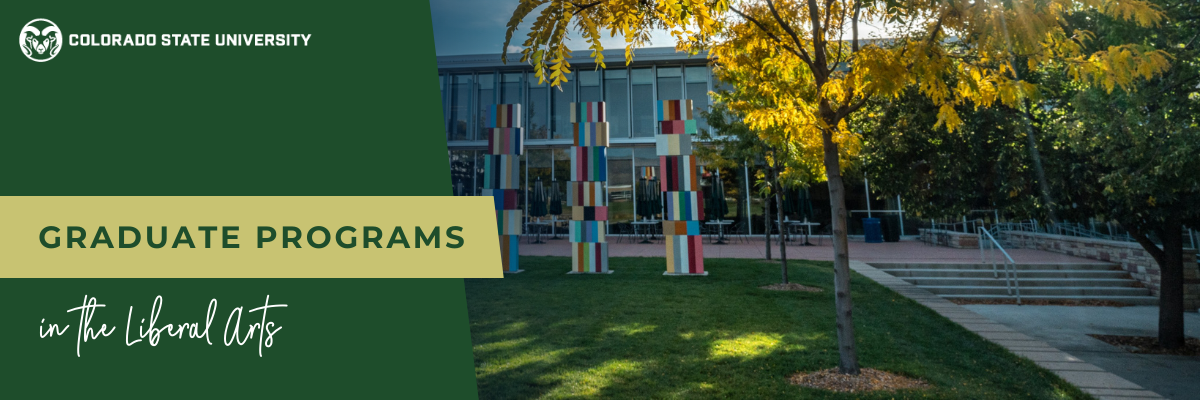By Ashby Butnor
Aristotle said that the telos, the ultimate aim and purpose, and the good of the medical art is the health of the patient. But how do we define health? How do we define suffering? What is a worthwhile life and how much is it worth? Do these answers significantly differ for humans versus non-human animals and, if so, why?
These questions represent the foundation of the relationship between philosophy and medicine—a relationship that began far before Aristotle linked medicine to other practical arts and sciences. However, these questions persist and are made all the more complex with new technologies and new possibilities for health and healing. For example, to what lengths will we go to preserve life and our interests and at what cost to ourselves, to our patients, and to non-human animals?
Eli Weber
When Eli Weber began his MA in philosophy at CSU in 2007, he assumed he would follow the route of many aspiring philosophers and eventually seek a job as a philosophy professor. Weber was primarily interested in applied ethics, especially environmental ethics, and came to study with two giants in the field, Bernie Rollin and Holmes Rolston.
Weber’s views on the role of philosophy began to shift during his studies. “My time at CSU helped me to appreciate that applied philosophy was a real thing, and that it didn’t necessarily mean doing applied ethics in an academic setting.” He credits Bernie Rollin for opening his eyes to the real impact of philosophy in the world.

“Bernie was a really talented and smart philosopher who was able to take that skill set into a totally different environment, animal agriculture, and implement the conclusions of a philosophical analysis to a field that had nothing whatsoever to do with philosophy. Bernie was literally in the mix, talking ethics with people who were directly responsible for how non-human animals are treated, and trying to convince them to make changes based on philosophical arguments. I’d never really seen someone do that before I came to CSU.”
After earning his MA in 2009, Weber went on to pursue a PhD in Philosophy. During his studies, he began to teach medical ethics under the direction of George Agich. This led to more teaching opportunities and the introduction to Dr. Leonard Weber (no relation), an emeritus professor. Dr. Weber had retired from academia to become a clinical ethics consultant at a number of local hospitals. Weber and Dr. Weber put together what turned out to be a life-changing internship opportunity. Before this, Weber explains that “medical ethics, and especially clinical ethics, was not on my radar whatsoever. I did not even know clinical ethics was a thing.”
Today, that “thing” defines Weber’s career as the Bioethics Director for Kaiser Permanente in San Bernardino County, California. His role involves chairing the Bioethics Committee, reviewing and revising ethics-related policies, and providing ethics education within the medical center to physicians, medical students, nurses, and social workers.

Weber’s favorite part of his job is serving as the lead consultant for the Clinical Ethics Consultation Service. “Much like other specialist consultants in the medical setting, I provide analysis and recommendations on challenging clinical cases. But in my case, I am responding to ethics questions, issues, or concerns, rather than clinical ones.”
Weber sees philosophy as integral to his work every day. This includes the philosophical skill set of “careful analysis of information, utilization of arguments and reasoning to justify and support my recommendations, and being precise about language to ensure clarity of communication,” he says. Weber also uses philosophical concepts such as ‘autonomy’ and ‘beneficence’ to reorient care teams and patients and families away from the clinical facts and toward thinking about the relevant value considerations in a situation.
According to Weber, philosophy, especially ethics, is central to medical practice. “I know a good number of clinical ethicists with a variety of different backgrounds, and although I’m obviously a little biased, I think it’s the philosophers who do the best work and make the biggest impact. Medicine is an inherently ethical enterprise already, so the opportunities to draw peoples’ attention to that, in ways that really matter for patients and the care team, are really never ending.”
Gwendy Reyes-Illg
Unlike Weber, Gwendy Reyes-Illg already had a career in medicine as a practicing veterinarian when she joined the Philosophy MA program on a part-time basis in 2012. She came into the program with the purpose of improving the moral status of nonhuman animals and knew that mentorship from professors like Bernie Rollin and Katie McShane could further her ambitions.
“I knew the MA in philosophy would help me with writing, reasoning, and communicating more clearly about concepts and values. I hoped that studying ethics and philosophy would help me become a stronger voice for animals, both within the veterinary profession and the animal protection movement.”
Since graduating, Reyes-Illg (M.A. ‘17) has applied philosophy to many aspects of her work as a clinical practitioner and voice for animals—from support of low-income clients to improving the lives of farmed animals and animals retired from medical research.

The work of Susan Dodds was especially influential for Reyes-Illg. Dodds’ work focuses on dependency and vulnerability and how we, as a society, assign responsibility for dependent individuals, such as children. Dodds raises questions about how we assign care for dependent individuals when their caregivers may be navigating poverty or mental illness or may be otherwise incapable of providing consistent care. In these cases, dependents become especially vulnerable.
Reyes-Illg reflects on how this applies to clinical practice: “After studying this concept, I began to see it at play in my clinical veterinary work all the time. In the veterinary profession, it is taken for granted that the client, or pet ‘owner’ or caregiver, is responsible for covering the cost of vet care for our patients. Typically, if they cannot provide this care, there are limited, if any, options available. Animals in low-income households or in families experiencing homelessness are very vulnerable, even to easily preventable health conditions, and may have protracted suffering merely because of who happens to be their ‘responsible party.’”
Reyes-Illg is encouraged that increasing access to veterinary care has become a focus of some in the veterinary community. “Rather than ending the conversation with the statement, ‘If you can’t afford a pet, don’t get one,’ some of us are recognizing a communal responsibility to prevent and relieve unnecessary suffering among a very vulnerable patient population – and looking for ways to meet the great amount of need out there.”

One example is the change some veterinary schools are making in how they train students in surgery. Historically, “practice” surgeries were performed on healthy animals who were killed after the procedure. Nowadays, many schools, including CSU, are shifting away from these ‘terminal surgeries’ and instead providing students with opportunities to perform surgeries on animals who need them, with one-on-one instruction by an experienced surgeon. The patients are often members of families whose circumstances preclude them from otherwise being able to access the care the animal needs. Participating in such community care programs is likely to impact the veterinary work these students will go on to do throughout their careers.
Today, Reyes-Illg has a dual career as both a practicing veterinarian and an animal advocate. She serves as the veterinary advisor for the Farm Animal Program at the Animal Welfare Institute, an advocacy group based in Washington, D.C. In this role, she focuses on the scientific literature on animal welfare and tries to get animal welfare science incorporated into laws, regulations, and policies that affect farmed animals. She also determines whether new policies or approaches could help prevent animal suffering and improve compliance with existing laws.
During her MA, Reyes-Illg did not envision her current ‘hybrid’ career. After working 16-hour-long shifts as an emergency vet and then expanding her family, she was ready for a change and has really enjoyed getting back to writing and immersing herself in applied animal ethics. “The ‘deep dive’ into philosophy during my MA has helped me understand, evaluate, and strengthen my own perspective. It also helped me develop the confidence to step outside clinical veterinary practice and work on difficult and far-reaching animal issues.”
The Department of Philosophy offers a M.A. in Philosophy, offering graduate students a chance to study with scholars specializing in traditional subdisciplines, global philosophies, and applied ethics.
